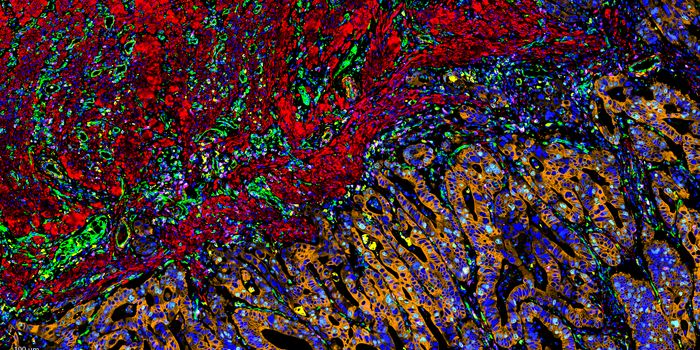Penicillin Allergy Dangerous During Surgery
People who report a penicillin allergy before undergoing the simplest of surgical procedures are in danger of developing a surgical site infection. These types of infections increase a patient’s risk of death, even if they were just in surgery for a knee replacement. The kicker? A large majority of people who report a penicillin allergy can actually safely receive the antibiotic.
"We already know that more than 95 percent of patients who believe they have penicillin allergy can actually tolerate the drug, which indicates that preoperative penicillin evaluation could effectively reduce surgical site infections in these patients,” explained lead and corresponding author Kimberly Blumenthal, MD, MSc.
Blumenthal and others from Massachusetts General Hospital were the first to examine reported penicillin allergies in the context of surgical site infections.
Penicillin is a beta-lactam antibiotic, is widely used to treat infections, and includes penicillin derivatives, cephalosporins, and monobactams. Penicillin allergies are the most commonly reported drug allergy, but a 2010 found that they are rarer than people think: “True drug allergy, which is IgE-mediated, accounts for very few of all reported adverse drug reactions.”
Although some people might once experience an allergic reaction to penicillin, 90 percent of people will lose sensitivity over time, eventually becoming able to be treated safely with the drug.
But when medical records note “penicillin allergy,” doctors use alternative antibiotics to prevent surgical site infections. Current guidelines for people with penicillin allergies recommend avoiding cefazolin, a first-generation cephalosporin antibiotic and the gold standard for protection against surgical site infections. Instead, their options include clindamycin, vancomycin, and gentamicin, which are less effective at preventing surgical site infections and can take longer to become effective.
The team from MGH analyzed medical records of nearly 8,400 surgical patients. Eleven percent reported a penicillin allergy in their medical record, a value which mirrors the percentage of people from the larger population who report a penicillin allergy. In total, 241 total patients developed a surgical site infection. Those with a reported penicillin allergy were 50 percent more likely to succumb than those without.
This risk relationship is independent of age, sex, race, type and duration of surgery, and it is directly associated with the alternative type of antibiotics used as a result of the reported allergy. Researchers from the study note than an overwhelming majority of people with reported penicillin allergies “could have safely received standard testing for penicillin allergies.”
"We hope our findings spark reconsideration of the language about penicillin allergy testing in the national guidelines,” explained senior author Erica Shenoy, MD, PhD. “In the meantime, I would recommend that any patients with a history of allergy to penicillin or to cephalosporins - the antibiotic class that includes cefazolin - who are scheduled for surgery to ask their doctor whether an antibiotic would be needed and, if so, discuss a referral for an allergy evaluation in advance to increase their chances of getting the most effective antibiotic."
The present study was published in the journal Clinical Infectious Diseases.
Sources: Journal of Advanced Pharmaceutical Technology & Research, American College of Allergy, Asthma, & Immunology, Massachusetts General Hospital









